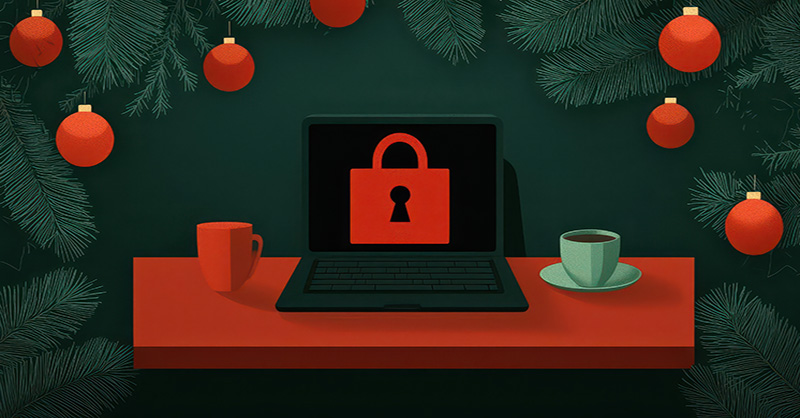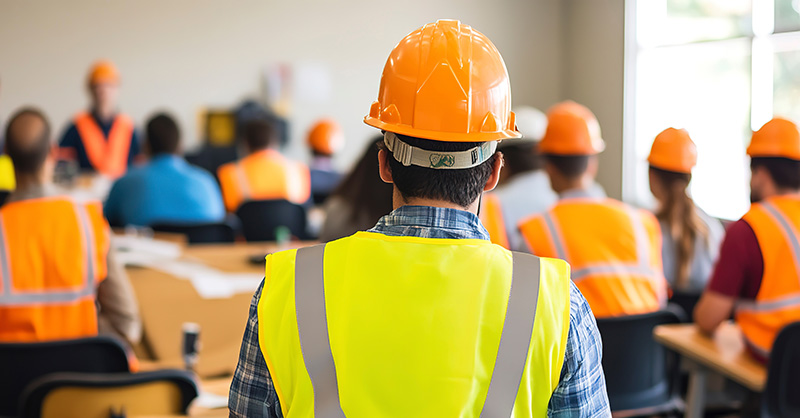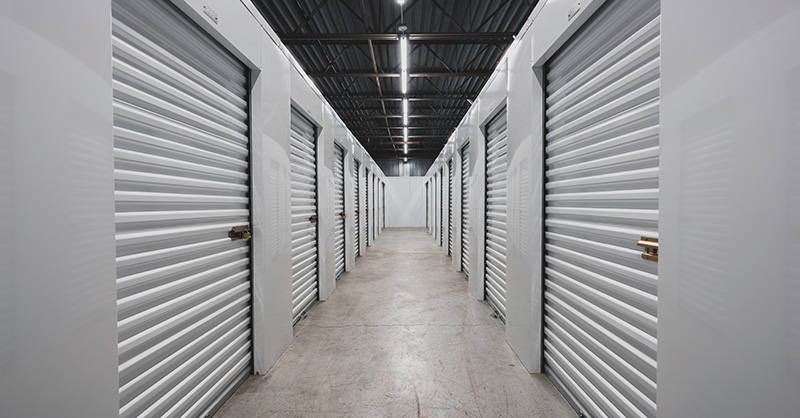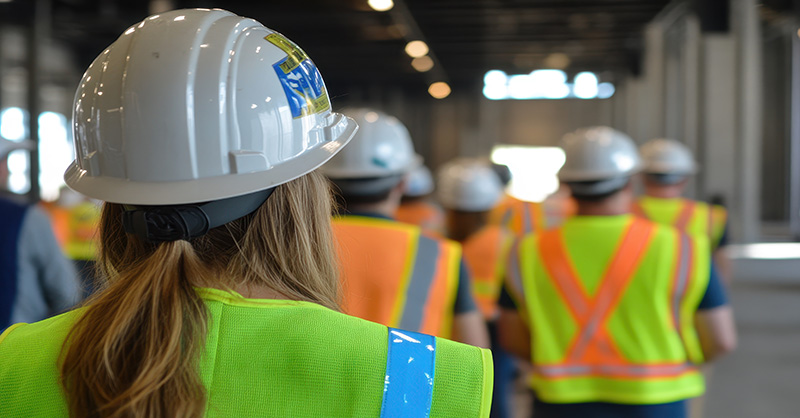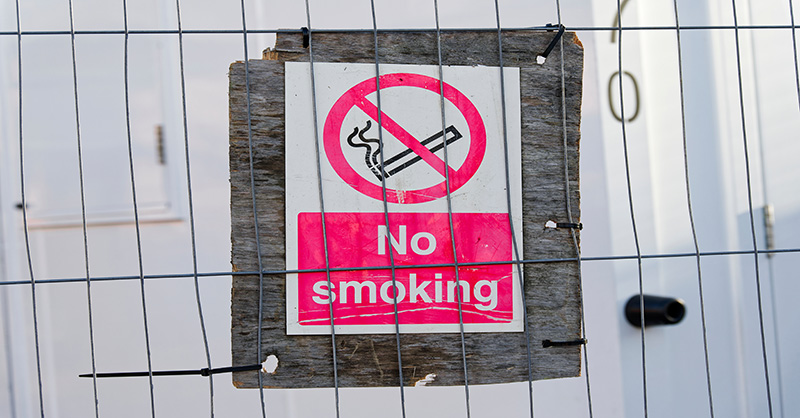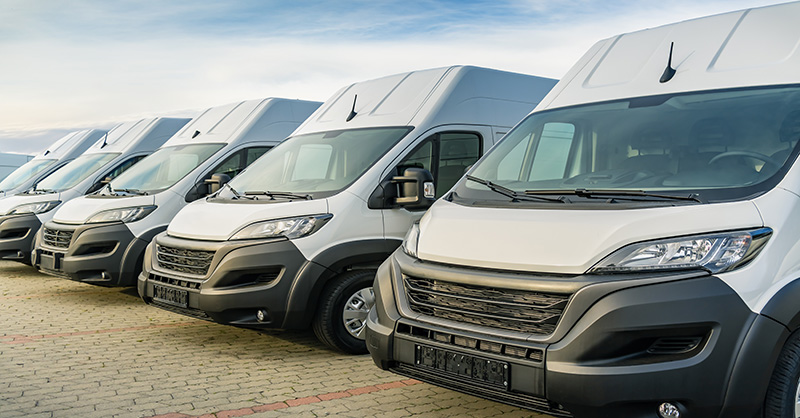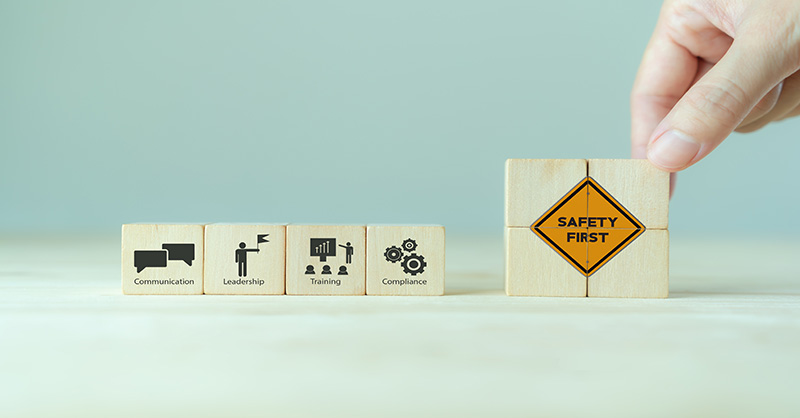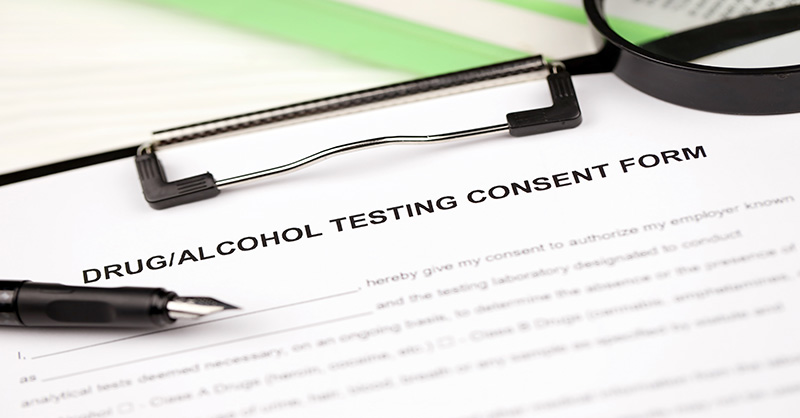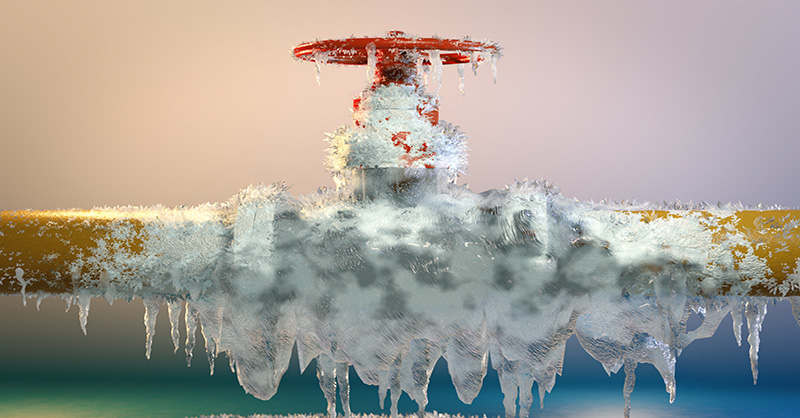Barn Fire Safety Checklist
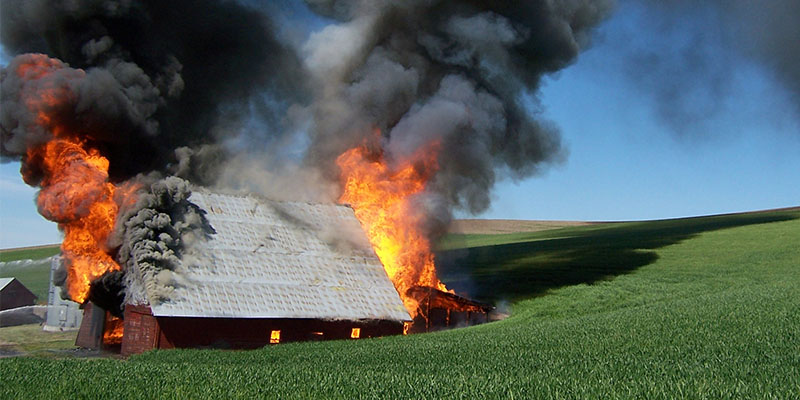
Fire safety is an important part of farm life. People, animals, and property are in danger when fire breaks out on the farm. Inspect your barn and outbuildings for the following fire hazards to reduce the risk of tragic loss.
- Heat lamps and space heaters should be kept a safe distance from anything that can burn.
- Heaters should be on a sturdy surface and cannot fall over.
- Electrical equipment should be labeled for agricultural or commercial use.
- All wiring should be free from damage.
- Extension cords should not be used in the barn.
- Light bulbs should have covers to protect them from dust, moisture and breakage.
- Damage should be identified quickly and repairs should be completed with safety in mind.
- Dust and cobwebs should be around electrical outlets and lights should be removed.
- Oily rags should be stored in a closed, metal container away from heat.
- Feed, hay, straw and flammable liquids should be stored away from the main barn.
- The barn should be a smoke-free zone.
- Exits should be clearly marked and pathways should be clear.
- Fire drills should be held frequently with everyone who uses the barn.
- Workers should be trained to use fire extinguishers.
- Everyone in the barn should know personal safety is the first priority if a fire breaks out.
- Hazard checks should take place on a set schedule.
Talk with your local fire department to address safety concerns unique to your farm.
Required Equipment
The following safety equipment may be required by local building codes and will help protect your barn. Install and maintain:
- ABC-type fire extinguishers near every exit and within 50 feet from any point in the barn
- Fire alarm system
- Sprinkler system
- Carbon monoxide detection system
Go to www.nfpa.org/farms to learn more about fire safety on the farm.


